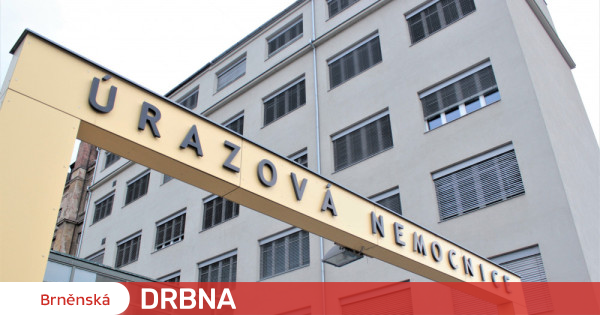The government expects a public sector wage increase next year. But the addition will be lower than inflation. This was stated by Finance Minister Zbyněk Stanjura (ODS) in the Czech television program Otázky Václava Moravec on Sunday. He did not approach how much the income of civil servants could increase. Unions have called for a rise in inflation for the year, starting in July. Nine public unions are on strike, with another four supporting them. The leaders’ meeting with the leaders of the governing parties should take place on Tuesday.
Stanjura said he would not propose a revenue freeze when drafting the budget. “To say zero – I don’t think it’s a government proposal, or mine, but it’s not an inflation settlement. In my opinion it would be a wrong move. Yes, we would nominally take more money, but we would buy less services and goods,” said the finance minister. According to him, it is not clear how much the income of public sector workers can grow next year. “The important thing is the amount of money, not whether it will grow five or seven percent,” said the head of state treasure. He wanted to encourage more efficient work and a reduction in the number of positions.
According to the average income information system, the public sector employed 656 thousand people last year. Police officers, firefighters and social workers have increased their income base or tariffs by 700 krona since January this year. Teachers increased by two percent, paramedics increased by six percent. Officials as well as cultural, non-teaching workers in education and other professions have frozen earnings for the year.
Year-on-year inflation hit 16 percent in May. The union has been demanding a pay adjustment since July. Leaders said they wanted to agree on a 15 percent increase for people with frozen income from the first half of the year and 7.6 percent for the rest. They have met with members of the government twice so far, but no agreement has been reached. On Tuesday, unions will have to negotiate with coalition party leaders. According to Stanjura, the increase in inflation is unrealistic.
The Minister reminded that wages in public services have grown more significantly in recent years than wages in the private sector and the gap has widened. According to the information system, half of public sector workers earned an average of more than 41,921 gross crowns per month last year, according to the information system. The average salary in public spaces is 44,782 krona. The average wage in the private sector was 39,877 krona last year, half of the workers had less than 33,552 krona. However, according to the union, the difference is that in the state and public services there is a higher share of students than in the private sector.

“Certified bacon geek. Evil social media fanatic. Music practitioner. Communicator.”







